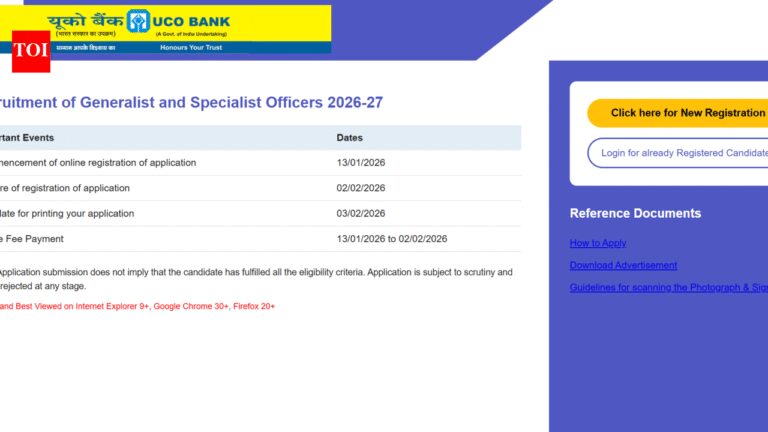
In the new AI-driven economy, success isn’t just about what you do—it’s about what you appear to do. As artificial intelligence continues its rapid infiltration of modern office culture, a startling behavioral shift is emerging. A growing number of American professionals—estimated to be as many as one in three, according to trends—are pretending to use AI tools at work.This is no harmless bluff. It is a symptom of deep-seated anxiety, professional insecurity, and a rising performance culture where the fear of irrelevance now outpaces the pursuit of actual skills.The data speaks volumes. A recent survey by tech hiring platform Howdy.com reveals that one in six US employees openly admit to lying about using AI at work. But when accounting for those too wary to confess, analysts suggest the real figure could be closer to one in three.
The rise of performative AI use : A silent epidemic
This isn’t about laziness. It’s about survival. In many workplaces, appearing to embrace AI has become a proxy for competence. Employees sense that upward mobility and even basic job security may hinge not on how effectively they work—but on how seamlessly they seem to integrate AI into their routines.What began as a technological revolution is rapidly morphing into a psychological one.
AI-nxiety in the American workplace
Beneath the surface of this behavioral trend lies what experts now term “AI-nxiety”—a pervasive unease among professionals navigating mixed messages about their future. On the one hand, employers aggressively promote AI adoption as essential for efficiency and innovation. On the other, those same employers often hint—directly or indirectly—that employees who fail to adapt may be phased out.It’s no longer just automation threatening jobs. It’s peers. Engineers and technically inclined workers, proficient in AI and large language models, are now viewed as the new apex competitors—skilled not only in their core tasks but also in wielding AI to supercharge performance.As one stark online comment put it: “You may not lose your job to AI—but you’ll lose it to someone using it better than you.”
The illusion of inclusion: When training lags behind expectations
The irony is that while workers are pressured to “get AI-savvy,” many are offered little to no structured training. Howdy.com reports that 25% of employees expected to use AI at work receive zero guidance on how to do so. The result? A culture of improvisation, impostor syndrome, and quietly enacted deception.Instead of voicing confusion, many professionals simply mimic AI-literate colleagues—peppering their language with buzzwords, dropping vague references to ChatGPT use, and faking workflows to preserve the illusion of digital fluency.This is not digital transformation. It’s digital theatre.
Corporate mixed signals : Use AI, but don’t look lazy
Compounding the confusion is a contradictory workplace ethos. A 2024 Slack Workforce Index survey found that nearly half of desk-based workers worldwide are reluctant to admit AI usage to their managers. The fear? That relying on AI could be perceived as cheating, laziness, or lack of originality.So the same workers pressured to adopt AI quietly downplay its use—even as others lie about using it in the first place. These opposing behaviors speak to a broader institutional failure: companies are championing innovation without redefining the norms of competence.The result? A workforce unsure not only how to use AI—but whether admitting it is even safe.
The psychological toll: Between innovation and insecurity
Beyond the strategic masquerade lies a toll that is harder to quantify: mental fatigue, professional self-doubt, and the erosion of authentic learning. Employees trapped in this contradictory loop—encouraged to innovate yet shamed for depending on tools—are left emotionally strained, constantly scanning the room to see what “the competent ones” are doing.In such a climate, genuine upskilling takes a backseat to self-preservation. Pretending to use AI becomes a defense mechanism, not a productivity choice.
It’s not about AI, it’s about leadership
The heart of this crisis is not artificial intelligence. It’s the absence of honest, inclusive leadership.Companies have failed to scaffold this new era with adequate support, psychological safety, or clarity. By normalizing vague expectations and punishing transparency, they have created a workplace where feigned fluency is safer than actual learning.If the future of work is to be truly intelligent—artificial or not—it must begin with empathy, guidance, and realism. Because when professionals feel compelled to fake their way through innovation, the lie isn’t just theirs. It’s the system’s.








